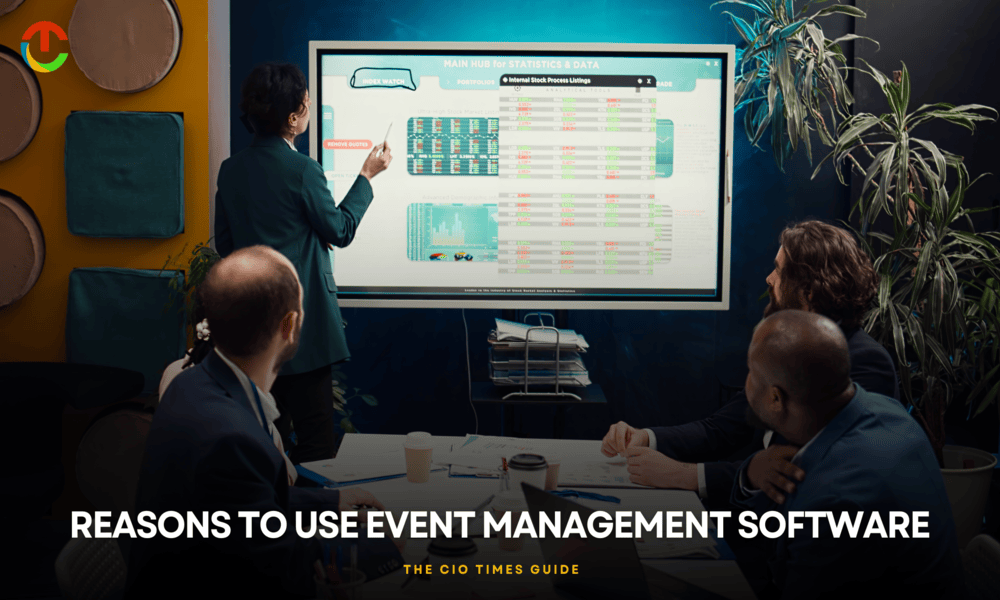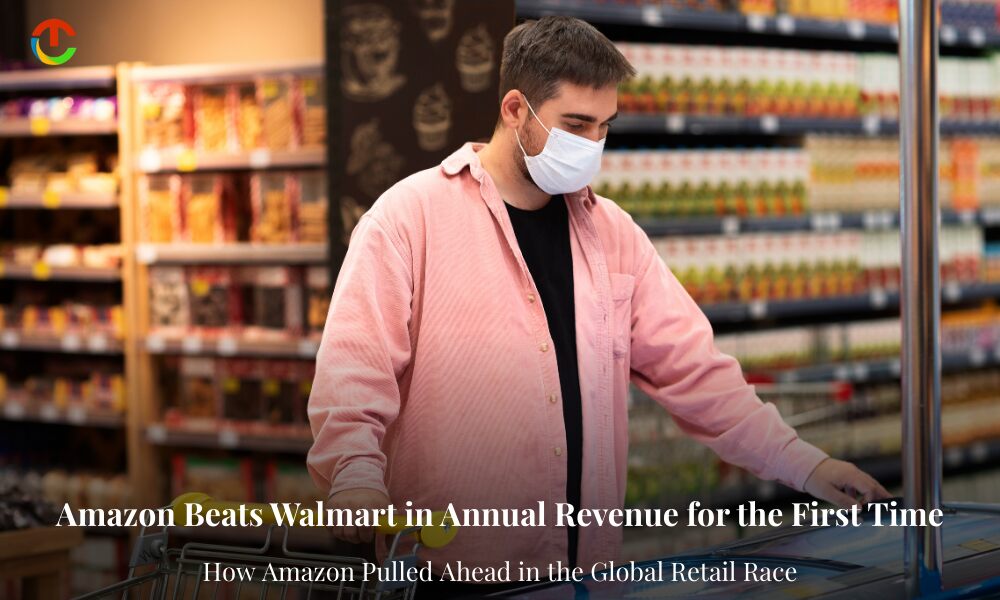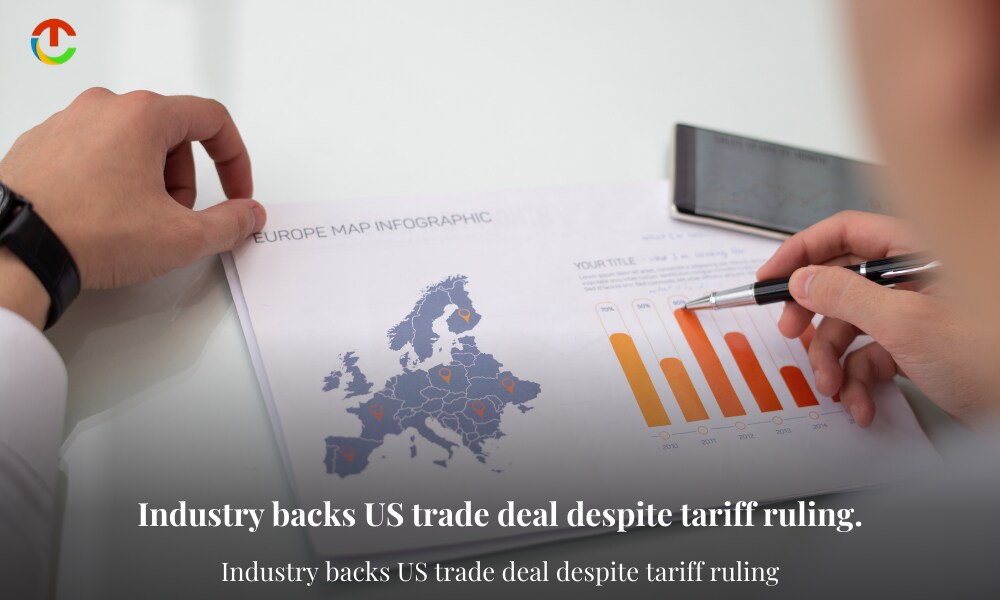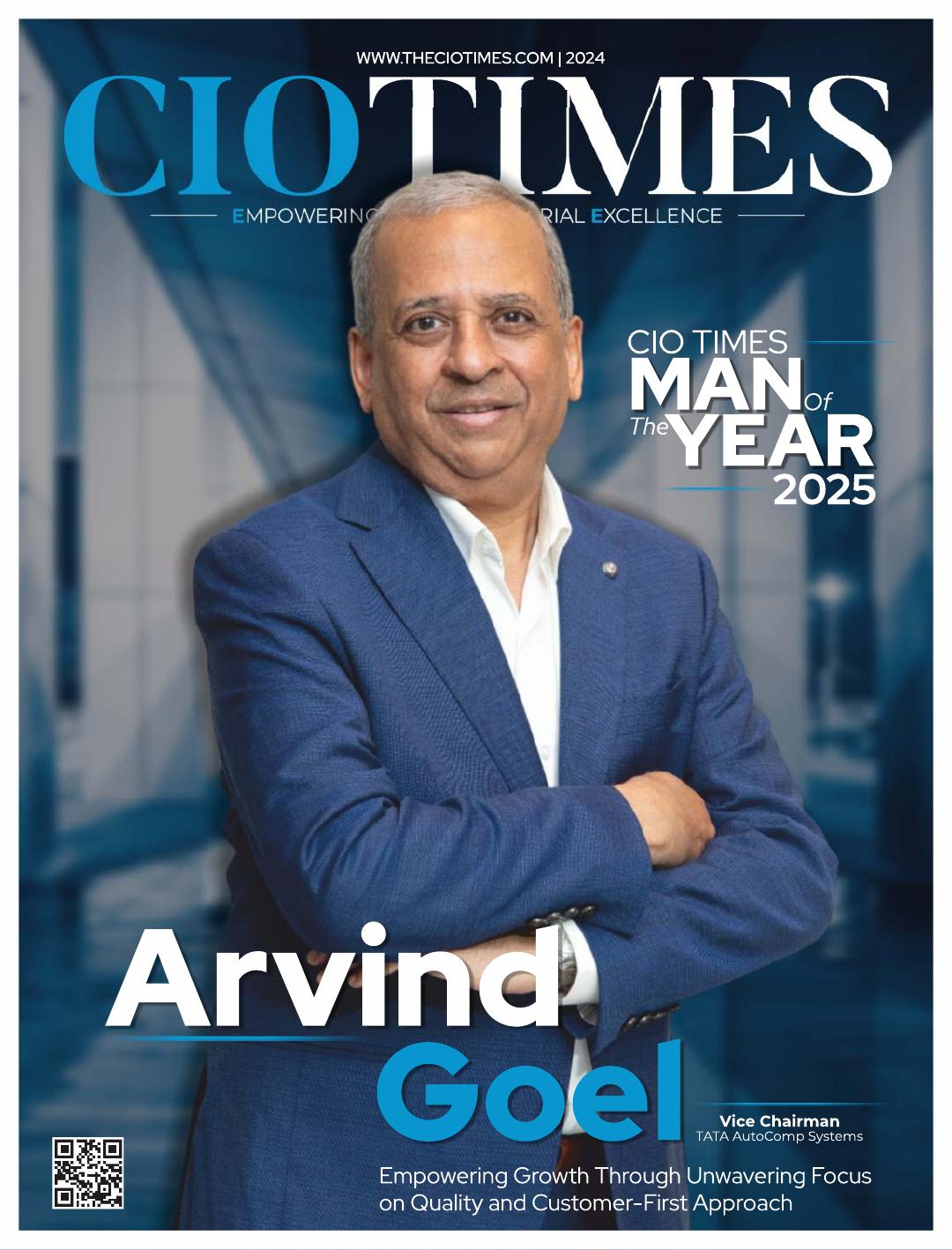Manual planning, spreadsheets, and out-of-date tools are no longer adequate for today’s events. This is where event management software comes in handy, allowing planners to streamline operations, increase guest engagement, and maximize ROI. Below, we look at the top reasons to use event management software in 2025, showcasing how it transforms the planning process from beginning to end.
1. End-to-End Automation and Efficiency
Event management platforms in 2025 offer comprehensive end-to-end automation, allowing teams to manage everything — from registrations to post-event analytics on a single dashboard. These tools eliminate repetitive tasks, reduce human error, and cut down planning time by over 40%.
Key automation benefits:
-
Automated registration confirmations and reminders
-
Real-time scheduling updates
-
Vendor and venue coordination tools
-
Payment gateways and invoicing integrations
-
Task management with built-in notifications
With such automation, event managers gain more time for strategic planning and creativity, rather than logistical firefighting.
2. Seamless Attendee Experience Across Channels
Today’s attendees demand personalized, seamless experiences across digital and physical channels. Event software platforms provide:
-
Mobile apps with real-time updates, agenda browsing, and networking tools
-
Smart badges and QR codes for contactless check-ins
-
Personalized event itineraries based on attendee interests
-
Live polls, Q&A sessions, and interactive surveys
The result is a fully connected and immersive experience that increases engagement, satisfaction, and retention.
3. Real-Time Data Insights and Analytics
Data is the backbone of modern decision-making. Event management systems in 2025 offer advanced analytics dashboards powered by AI and machine learning, allowing planners to access real-time insights on:
-
Registration metrics
-
Session attendance rates
-
Engagement levels
-
Lead generation and ROI
-
Attendee behavior heatmaps
These insights allow organizers to make data-driven adjustments during the event and improve planning for future ones. Long gone are the days of relying solely on post-event surveys.
4. Hybrid and Virtual Event Integration
Hybrid and virtual events are no longer a trend; they are a mainstay of the industry. Leading event management platforms are designed with native support for hybrid formats, offering:
-
Integrated video conferencing tools (Zoom, Teams, Webex)
-
Virtual exhibitor booths
-
Breakout rooms with attendee matchmaking
-
Live-streaming capabilities
-
On-demand content libraries
This ensures global reach, inclusivity, and flexibility while maintaining event professionalism and high production value.
5. Enhanced Collaboration with Stakeholders
Planning an event requires seamless collaboration across vendors, sponsors, team members, and clients. Cloud-based event software simplifies collaboration with:
-
Centralized communication portals
-
Role-based access controls
-
Document sharing and live edits
-
Approval workflows and audit trails
-
Third-party integration (CRM, ERP, Email, etc.)
No more chasing down files or miscommunications—everyone stays in sync, reducing delays and cost overruns.
6. Budget Control and Financial Transparency
Budget management is one of the biggest challenges in event planning. Advanced event budgeting tools help planners:
-
Create detailed cost estimates and track spending
-
Set budget limits by category or vendor
-
Generate financial reports in real-time
-
Avoid overbookings and invoice discrepancies
-
Forecast expenses and sponsorship revenue
By offering financial transparency, these tools keep events within budget while optimizing spend allocation for maximum impact.
7. Advanced Marketing and Promotion Tools
In 2025, event promotion is more data-driven than ever. Event management software comes equipped with built-in marketing modules to:
-
Automate email campaigns
-
Personalize communication based on attendee personas
-
Track campaign performance (open rates, conversions, click-throughs)
-
Integrate with social media and ad platforms
-
Launch early bird discounts and referral incentives
This enables smarter marketing decisions, boosting registrations and event visibility across platforms.
8. Customization and Branding at Scale
Your event should reflect your brand, not the software provider’s interface. Top platforms now offer white-labeled solutions with high levels of customization:
-
Branded registration pages
-
Custom event apps and URLs
-
Tailored user interfaces
-
Theme settings and design templates
-
Language and localization support
This ensures that every touchpoint reinforces your brand identity and delivers a consistent, professional impression.
9. Improved Risk Management and Compliance
With increasing data privacy regulations (like GDPR and CCPA) and heightened concerns about cybersecurity, event software in 2025 is designed to protect:
-
Secure registration and payment gateways
-
Encrypted attendee data storage
-
Digital waivers and consent management
-
Emergency response workflows
-
Risk assessment and liability tracking
Modern platforms ensure you stay compliant, mitigate risk, and build attendee trust.
10. Scalable for Events of All Sizes
Whether you’re hosting a 50-person workshop or a 10,000-attendee international expo, today’s event management tools scale seamlessly. Features include:
-
Unlimited user access
-
Custom workflows for different event types (corporate, academic, trade, etc.)
-
Multi-language and multi-currency support
-
Load balancing for virtual events
-
Auto-scaling cloud infrastructure
Scalability ensures that your software grows with your ambitions without the need to switch tools or retrain staff.
11. Environmentally Sustainable Event Planning
Sustainability is a key driver in event planning for 2025. Event management tools support green initiatives with:
-
Paperless ticketing and digital brochures
-
Carbon footprint calculators
-
Sustainable vendor recommendations
-
Waste tracking and recycling reports
-
Post-event environmental impact summaries
Using digital tools not only saves costs but also strengthens your corporate social responsibility profile.
12. Competitive Edge and Industry Benchmarking
By leveraging cutting-edge event software, companies gain a competitive advantage in a saturated market. Event tools often include benchmarking features that:
-
Compare your event metrics against industry standards
-
Offer AI-driven suggestions for improvement
-
Highlight best-performing channels, sessions, or speakers
-
Measure sponsorship ROI
This allows you to continuously refine your strategy, outperform competitors, and deliver better outcomes for all stakeholders.
The Future of Events Is Smart, Scalable, and Software-Driven
In a world where digital-first experiences, personalization, and automation are critical, event management software is no longer a luxury, but a requirement. From improving attendee experiences to optimizing logistics, the proper platform serves as a command center for generating extraordinary events with verifiable results.
If you haven’t already done so, 2025 is the year to embrace event technology and achieve smarter planning, stronger engagement, and higher profits.
Read exclusive interview of – Dr. Robert H. Patterson









